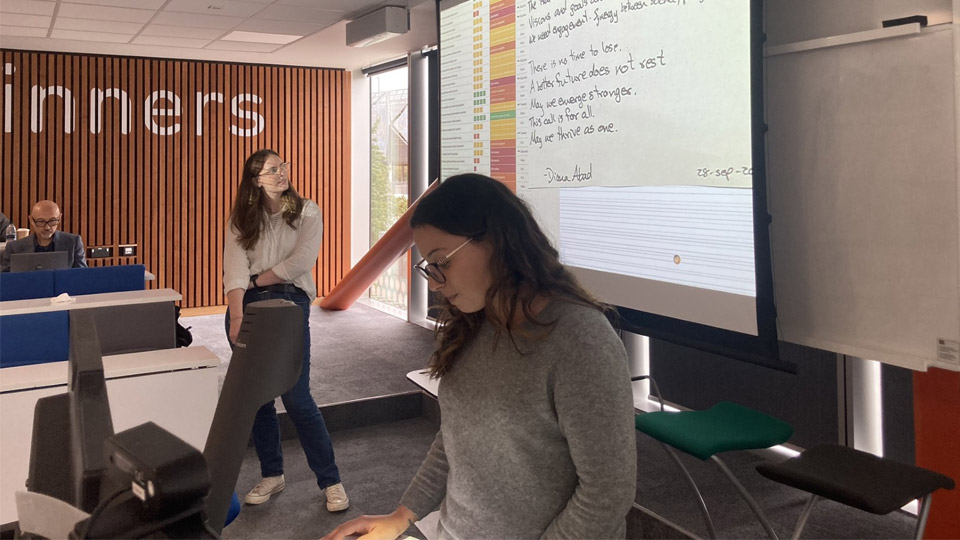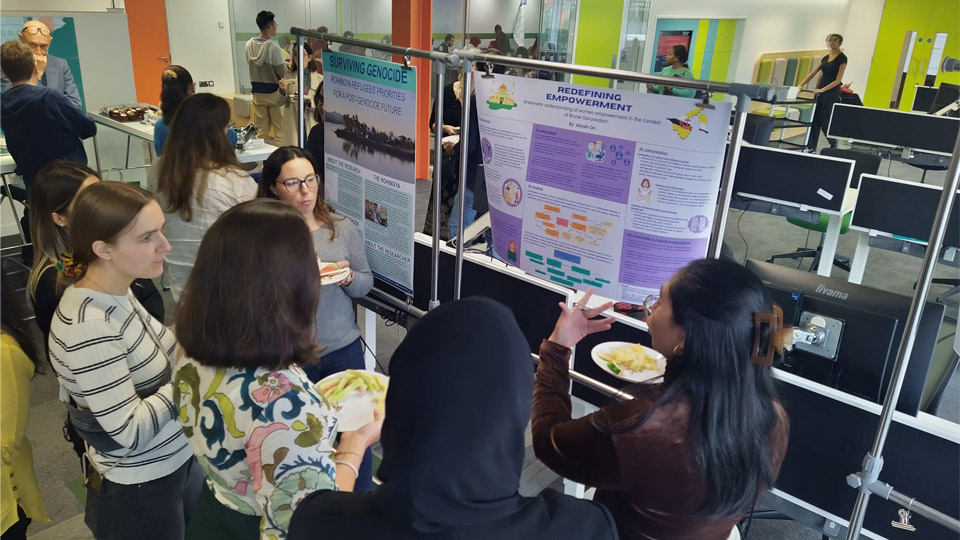Halfway to 2030: presences, absences and spaces for hope
If on nothing else in the lead up to the SDG Summit last month, there was certainly consensus on the disappointing state of the SDGs as the global community passes the half-way to 2030 mark.
Civil Society and NGO leaders, international scholars and students met at Loughborough University London for the Development and Social Change Symposium to parse over the recent Summit in New York.
Anita Gurumurthy and Thomas Tufte opened the day discussing the structural barriers to achieving the SDGs, including the increasing consolidation of wealth and the growing dependence on corporates for achieving the SDG. Anita also pointed to hope-giving developments, including the ITUC’s statement on the SDGs which welcomes calls for a new social contract as part of SDG 8 on Decent Work; and the emergence of Rainforest Diplomacy.

The panel of speakers discussed some of the specific goals in more detail. Olga de Biaggio from Options focused on SDG 5 on Gender Equality and reflected on the rising challenges of resistance to gender equality; Colin McQuistan from Practical Action spoke about SDG13 on Climate Action and the inequity in the face of powerful lobbying groups; and Charlotte Slente from the Danish Refugee Council spoke about the SDGs in relation to the cross-cutting phenomena of refugees and migration, people who are often uncounted in official data.
Alongside the speakers and panels, as well as research posters on display, the symposium included a ‘found poetry’ session. Participants reflected that using poetic analysis shed new light on the language of the SDG documents, bringing attention particularly to the absences, as well as creating spaces for hope.

Blog written by Jessica Noske-Turner.
Loughborough University London
Blogging everything that’s happening at Loughborough University London